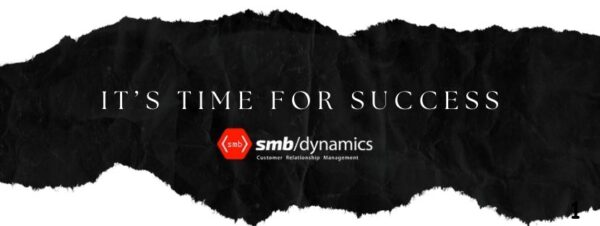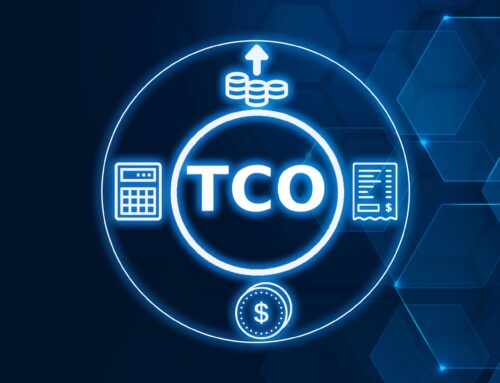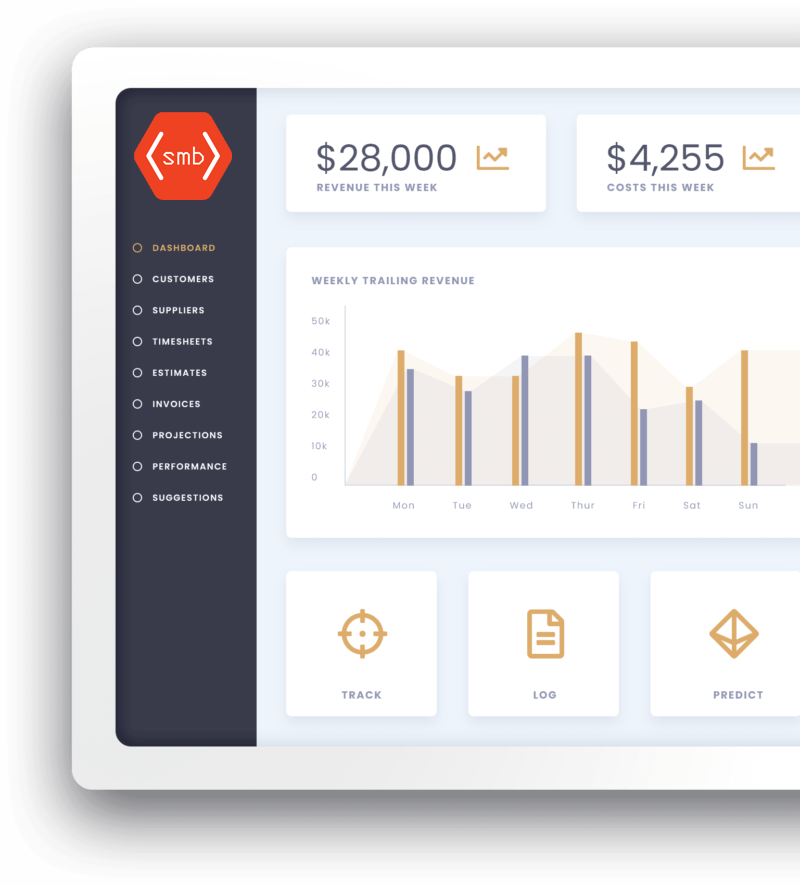
CRM: Training and Support
Choosing the CRM platform
It goes without saying that training and support are necessary for a stable and efficient CRM platform. Therefore, it also goes without saying that, ✅the features or the price tag are not your only, or greatest concerns.
Like any tool, in any trade; it’s about how well your team can use their tools that makes the difference on the product outcome. Whether sales, service, marketing, or otherwise, the use of the tools at their disposal can mean the difference between real success, or simply succeeding.
So, then, it stands to reason that a poorly trained CRM team brings you a less-than-ideal return on you investment. Consequently, whether you’re implementing a new CRM system, or optimizing an existing one, training and support resources will set your team up for success.
So let’s look further into what to look for when evaluating CRM training and support options.
✅ DIY vs. professional implementation
Getting Your Team Quickly Up to Speed
A good Comprehensive Onboarding program is crucial for familiarizing your team with the CRM’s features and functionalities. So, then, you need to know what to look for before, and what to do after, selection and implementation.
Number one: look for a CRM system that offers “structured onboarding processes, step-by-step tutorials, interactive guides, and live training sessions.” Effective onboarding can reduce the learning curve, motivating your team to start using the CRM productively from day one.
Although training and support is ✅an expense above and beyond the system purchase; this investment will pay off in the long run. By ensuring your team understands the system and feels confident with using it, your system pays for itself.
✅ Hidden Costs
Ongoing Training as the CRM Evolves
CRM platforms, like all software programs, occasionally receive ✅ updates, new features, and enhancements. Each that require ongoing training. Look for providers that offer a range of training resources, such as webinars, video tutorials, and knowledge bases. Ensure that these resources are accessible to your team/s at all times. Keep the latest CRM developments and best practices available to review at their leisure, as well as presenting company mandated update sessions.
All of this is to say that your ✅CRM will grow with your business. Logically, keeping your system training caught up with that growth is essential. Ergo, ongoing training ensures your team can continue to make the most of new features as the system evolves. Something reflected sharply in productivity and efficiency.
✅ CRM System Growth
Dedicated Support Options
Regardless of training, technical issues arise, and when this happens, you need somebody to call.
Even the best systems are subject to issues, so look for a CRM system that offers multiple support channels. Live chat, email, phone support, and community forums; things teams need. Access to a knowledge base and an extraneous support staff for answers or troubleshooting assistance will keep your business moving.
Depending on your business’s needs, you may want to invest in a higher-tier support package. A support system that offers priority access to support staff or dedicated account managers. If you see this need, make them an ✅essential part of budgeting for long-term CRM success.
✅ Total Cost of CRM
Tailoring Training to Your Team’s Needs
Every business is different, every team is different, consequently, training needs will also vary.
Look for CRM providers that offer ✅customizable training programs, allowing you to focus on the features and workflows that matter most. Customized training can help your team develop a deeper understanding of the CRM as it relates to their specific roles and responsibilities.
We all received manuals with our new car, or new appliance, that have many useless sections on how to use features or functions it did not come with?
Tailoring a CRM to fit your unique workflows is essential, a training program that mirrors your customized CRM setup. Removing the confusion factors will serve to accelerate user adoption and improve overall efficiency.
✅ CRM Customization
User Community and Knowledge Sharing
As we mentioned above, having a “knowledge base” is a valuable asset. This is something that usually does not add costs to your budget. This resource, set up by your system provider, is an accessible knowledge-base on how-to scenarios that improve efficiency. It is a user community, with whom your teams can share knowledge and learn from others.
As you investigate which system is best for your business or company, look for those CRM providers who offer forums, user groups, or social media communities. These are places where your team/s can exchange tips, ask questions, and share success stories. They will often find that these communities are a great resource for discovering new ways to use the system.
As an aside, the groups often help in troubleshooting common issues or answering common questions.
Finally, with changing features and adding updates, these groups help others with staying motivated and reducing frustration. Learning from peers provides insights that formal training might not cover, i.e., the so-called “tricks and tips” that help make the most of your CRM investment.
Investing in Training and Support for Long-Term CRM Success
Training and support empower your team/s to use the system effectively, and successfully navigate any challenges that arise. By investing in comprehensive onboarding, ongoing training, dedicated support, customizable programs, is to say that CRM will pay for itself while it improves the bottom line.
Need help evaluating your options?
Related articles
February 19, 2026
February 19, 2026
February 19, 2026
February 19, 2026













